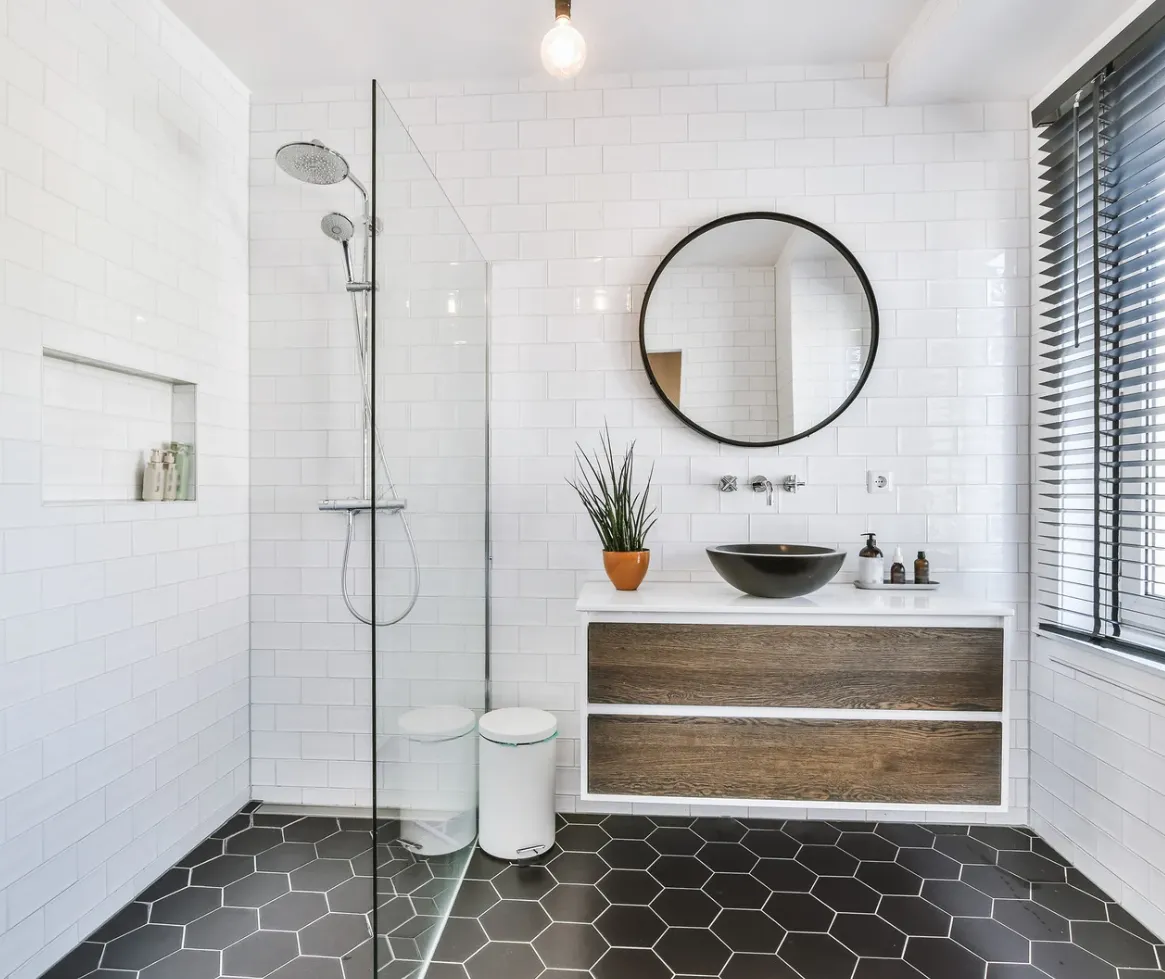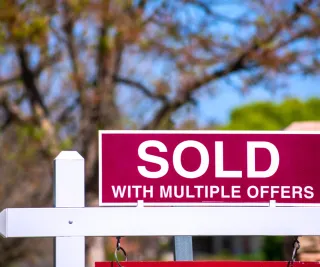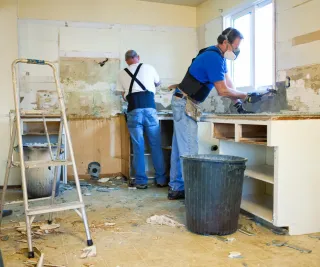Welcome to Your House Selling Journey
Guiding You Through Every Step of Selling Your First Home with Confidence and Clarity
As a Realtor, I understand that selling your home for the first time can feel overwhelming, which is why I created this guide, to help you navigate every step with confidence and ease. I’m passionate about supporting first-time sellers like you, ensuring you make informed decisions, avoid mistakes, and get the best value for your home. My goal is to make the process smooth, stress-free, and ultimately rewarding as you move on to the next chapter of your life.
Meet Your Local Expert
Welcome! I’m Carmela Vitale, a Broker Sales Associate, and I know that selling your home for the first time can feel overwhelming. Whether you’re moving, downsizing, or exploring your options, I’m here to make the process smooth and stress-free.
With years of experience and certifications like ASP, GRI, SFR, and SRES, I’m here to guide you every step of the way. This guide is designed to give you the clarity and confidence you need. Let’s work together to make your home-selling experience a success!

Ready to sell your home?
Contact me today and let’s make your journey smooth and successful!


Evaluate Timing & Readiness
Market Conditions: Research the local real estate market to understand whether it's a buyer's or seller's market. If it's a seller’s market (more buyers than homes available), you may be able to sell quickly and at a good price. A buyer’s market may require more patience and strategic pricing.
Personal Factors: Make sure you’re ready emotionally and financially. Is the move due to a life change (job, family, downsizing)? Can you manage the costs of repairs, agent commissions, and moving expenses? Take time to consider these factors.
Price Your Home Accurately
Market Value: Having an accurate price is key to attracting serious buyers. A professional appraisal or a detailed Comparative Market Analysis (CMA) from an agent can help determine your home’s value based on similar homes in the area.
Comparables: Look at recently sold homes (comps) in your neighborhood. Compare size, condition, and features to gauge a reasonable asking price. Overpricing can lead to your home sitting on the market longer, while underpricing may leave money on the table.


Prepare Your Home
Repairs & Maintenance: Make sure to address any issues that could lower your home's appeal. This could include fixing leaks, replacing damaged tiles, or repairing broken appliances. A pre-listing inspection can help identify problems that might come up during a buyer’s inspection.
Staging & Cleanliness: Clean and declutter every room to make the space feel larger and more inviting. Consider staging your home, either yourself or with a professional, to highlight its best features. Small touches like fresh flowers or a well-set dining table can make a big difference.
Curb Appeal: First impressions matter. Trim the lawn, plant flowers, paint or touch up the front door, and keep sidewalks clear. The exterior of your home should be inviting and well-maintained to attract buyers from the moment they arrive.
Decide on Selling Method
With an Agent: A real estate agent will guide you through the process, from pricing your home to negotiating offers and managing paperwork. Their expertise in pricing, marketing, and market trends can help you sell faster and for a better price. Be prepared to pay a commission, usually 5-6% of the sale price, but you’ll get full service and support throughout.
FSBO (For Sale By Owner): If you want to avoid paying commission fees, you can sell the home yourself. However, this means you’ll be responsible for pricing, marketing, negotiating, and managing all paperwork. If you’re not familiar with the process, it can be overwhelming and may result in a lower sale price.

Market the Home
Professional Photos: Great photos are essential, as most buyers begin their home search online. High-quality images can highlight your home’s best features and draw more attention. Hiring a professional photographer can make a big difference in how your listing stands out.
Online Listings: Ensure your listing appears on major platforms like Zillow, Realtor.com, and MLS (Multiple Listing Service). You should also use social media (Facebook, Instagram, etc.) to get the word out and attract potential buyers.
Open Houses & Showings: Hosting an open house is a great way to attract multiple buyers at once. Be flexible with private showings to accommodate potential buyers’ schedules. Make sure your home is always tidy and ready for showings.

Why Furniture Staging Sells Homes Faster








You don’t need a full remodel to make your home shine. Smart staging can turn “just listed” into “just sold”... fast. Here’s why it works:
1. It Grabs Buyers From the First Glance
You’ve got seconds to make a great first impression. Staging makes your home feel warm, stylish, and move-in ready the moment buyers walk in.
2. It Shows Off Your Home’s Best Features
Got great natural light? A cozy breakfast nook? Staging helps highlight what makes your home special while drawing attention away from any little flaws.
3. It Makes Your Online Listing Pop
Most buyers scroll through listings before they ever book a showing. Beautifully staged homes stand out in photos—and get more clicks, more views, and more serious interest.
4. It Helps Buyers Feel at Home
The right staging tells a story. It helps buyers picture their own life in your space—and once they feel connected, they’re more likely to make an offer.
5. It Speeds Up the Sale
Staged homes don’t just look better—they sell faster. The more inviting your home feels, the less time it spends on the market.
6. It Can Boost Your Bottom Line
More interest usually means more offers—and that can lead to a better price. Staging is a small investment that often pays off in a big way.
7. It Keeps the Focus Where It Belongs
When your home looks polished and purposeful, buyers spend less time nitpicking and more time falling in love with the space.
First-Time Home Seller FAQ
Common Mistakes to Avoid When Selling Your First Home?
Selling your first home can feel overwhelming, and it's easy to make missteps along the way. Some of the most common mistakes include:
Overpricing the home – An emotional attachment or a desire to "leave room to negotiate" can lead to a listing price that deters buyers.
Skipping necessary repairs – Small issues can turn into red flags for buyers. Handling them upfront can lead to stronger offers.
Neglecting staging or preparation – Homes that are clean, decluttered, and visually appealing tend to sell faster and at better prices.
Being inflexible with showings – Limited availability can mean missed opportunities. The more accessible your home is, the better.
Going it alone without the right support – Selling a home involves contracts, negotiations, and strategy. Having an experienced agent on your side can protect your interests and reduce stress.

How can I handle multiple offers effectively?
Receiving more than one offer is exciting—but it’s important to evaluate each one carefully. Consider:
Not just the price – Look at contingencies, closing timelines, and financing types.
The buyer's qualifications – A higher offer from a buyer with shaky financing might be riskier than a slightly lower one from a cash buyer.
Flexibility and fit – A buyer who aligns with your preferred closing date or waives certain contingencies may be the better choice.
Your agent will help you compare offers side by side and guide you in crafting a strategic response—whether that means accepting the best one outright or asking all buyers to submit their highest and best offers.

What should I expect during the closing process?
Once you've accepted an offer, the closing process typically takes 30–45 days. Here's a general breakdown of what happens:
Inspections and appraisals – The buyer’s team will coordinate these. Issues that come up may lead to negotiations or repair requests.
Final paperwork – Title searches, escrow arrangements, and final loan approvals all happen during this time.
Final walkthrough – The buyer will do one last check to ensure the home’s condition hasn’t changed.
Closing day – You'll sign the final documents, hand over the keys, and receive the sale proceeds (often within 1–2 business days).
Your agent and title company will keep everything on track and let you know what’s needed from you at each step.

How can I manage the emotional aspects of selling my first home?
Selling your first home isn’t just a financial decision—it’s an emotional one, too. Many first-time sellers feel:
Nostalgic – It’s normal to feel sentimental about letting go of a place filled with memories.
Stressed – Packing, prepping, and planning your next move can be overwhelming.
Second-guessing – Doubts can creep in, especially during negotiations or slow periods.
To manage these feelings: Focus on the next chapter and what selling your home will help you achieve. Keep your end goal in mind—whether it's upsizing, downsizing, relocating, or gaining financial freedom.
Lean on your agent’s expertise to handle the process so you can focus on what matters most. You’re not alone—and a good support team can make all the difference.

Do I need to renovate my entire home before selling?
No! In most cases, full renovations aren’t necessary. Buyers often expect homes to have some wear, especially if priced accordingly. Strategic updates—like fresh paint, minor repairs, or updated fixtures—can offer great return without the cost of a full remodel.
What updates matter most to buyers?
Focus on first impressions. Prioritize curb appeal, kitchen and bathroom touch-ups, lighting, and cleanliness. Even small upgrades like cabinet hardware or new caulk can make a big difference.
Will I get my money back on big renovations?
Not always. Major remodels rarely return 100% of their cost at resale. Instead, aim for high-impact, low-cost changes that boost appeal and show the home is well-maintained.
How do I know what to fix before listing? A pre-listing consultation with a real estate agent can help you identify which updates will give you the best return. They’ll help prioritize what’s worth doing—and what to skip.
